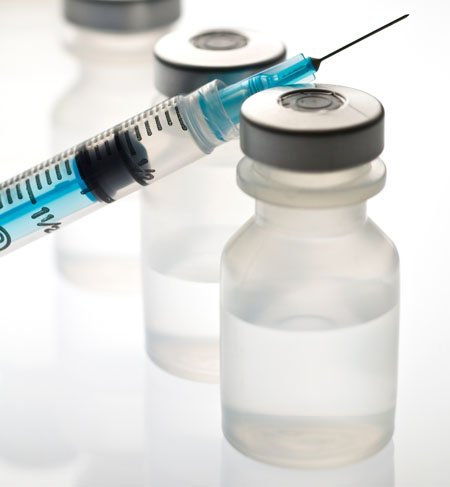Acromegaly treatment: Oral Octreotide could capture a share of injectables market from late 2015
November 18, 2015 | Wednesday | Features | By BioSpectrum Bureau
Acromegaly treatment: Oral Octreotide could capture a share of injectables market from late 2015
(Photo Courtesy: www.manufacturingchemist.com)
Recent trials exhibiting the effectiveness of oral octreotide for treating acromegaly may be a cause of concern for injectable somatostatin analogs (SSAs), providing that the drug's makers find a more convenient medication schedule for patients, says an analyst with research and consulting firm GlobalData.
Dr Lakshmi Dharmarajan, GlobalData's analyst covering Cardiovascular and Metabolic Disorders, states that a number of key opinion leaders interviewed by GlobalData are enthusiastic about the prospects of oral octreotide, following its successful trials.
The ongoing Phase III trial has yielded 65% of 151 evaluable patients achieving the primary endpoint of hormonal control, with side effects similar to those of SSAs.
Consequently, GlobalData expects oral octreotide to be launched in the major US and European markets by late 2015, with Roche having secured a commercial licensing agreement with drug maker Chiasma Pharma.
Dr Dharmarajan says: "Injectables have been the mainstay of the field for many years, with Novartis' Sandostatin LAR, the current standard of care, requiring monthly administrations by a healthcare provider.
"There are a few other marketed drugs, such as Ipsen's Somatuline Depot and Pfizer's Somavert, which are self-administered injectables. However, self-administration is not a preferred option for patients, as many do not like injecting themselves with needles."
While several physicians interviewed by GlobalData believe that oral octreotide might replace injectables if shown to display real world equivalence to SSAs, reservations remain about the drug's efficacy in aggressive or refractory cases of acromegaly, and also its frequency of administration.
The analyst explains: "The greatest obstacle for the oral medication will be the practicalities involved with scheduling doses, as the trial required patients to space their meals a couple of hours before and after taking the drug.
"Chiasma and Roche would therefore be well-served to investigate a more convenient dosing schedule in terms of meal spacing, to ensure higher patient compliance and greater market uptake following the launch of oral octreotide," Dr Dharmarajan concludes.










